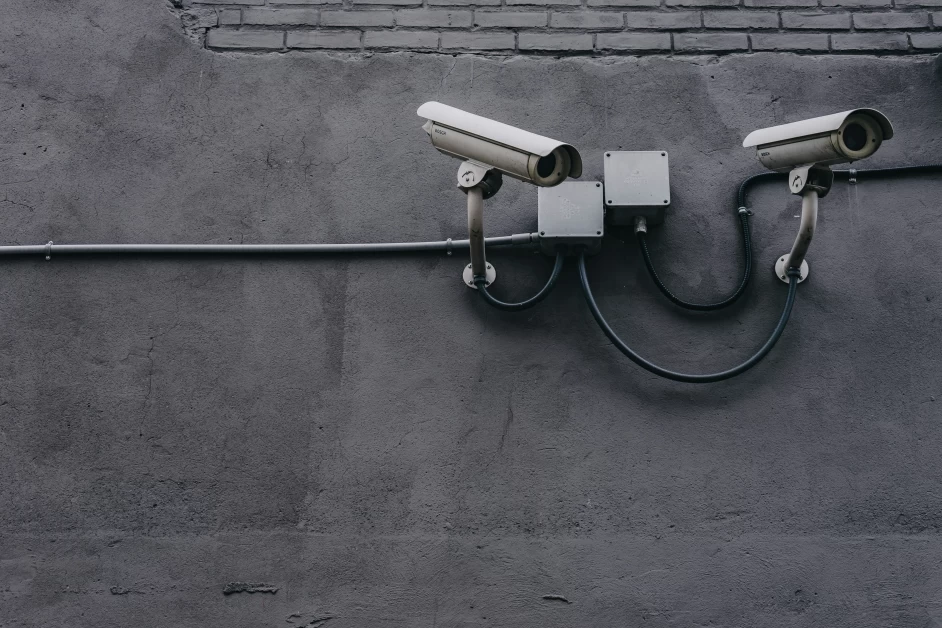Table of Contents
Cryptocurrency wallets play a crucial role in securely storing and protecting your Bitcoin and other types of cryptocurrencies. While crypto exchanges may offer a basic wallet, utilizing a specialized crypto wallet adds an extra layer of security, reducing the risk of theft. In this article, we will explore the best crypto wallets available in the market and delve into how they work.
Best Bitcoin or Crypto Wallets
Here are some of the most popular digital crypto wallets:
- Exodus Bitcoin & Crypto Wallet
- Trezor T
- Mycelium Bitcoin Wallet
- Ledger Nano X
- Edge
- Wasabi Wallet
What is a Crypto Wallet and What Does it Do?
Similar to a physical wallet, a digital crypto wallet serves the purpose of holding and managing your cryptocurrency. Since digital currencies exist solely in the decentralized electronic network that tracks and manages them, a crypto wallet must be able to interact with this network.
Although experts often use the term “wallet” to describe the security measures for crypto assets, it is more accurate to view it as a fortified address to which your funds are assigned. In a cryptocurrency’s distributed ledger, the wallet signifies that any assets directed to its address belong to the owner of that wallet.
In essence, you cannot possess crypto coins without a wallet. It provides a designated space for your funds. While exchanges like Coinbase and payment applications such as CashApp and PayPal offer basic wallets for transactions, these may not meet the requirements of heavy users.
Differentiating between investing in crypto and transacting with cryptocurrency is vital. When investing, the exchange moves and holds the assets, whereas transacting requires a wallet to send and receive funds. In the former, the responsibility of asset maintenance lies with the custodian, while a specialized wallet empowers the end user to safeguard their assets.
Advantages of Crypto Wallets
A digital wallet provides a secure space to collect payments and store payment keys, enabling you to send cryptocurrencies to others. In this aspect, it shares similarities with digital wallets for regular currency, such as CashApp, PayPal, or Venmo.
Specialized wallets allow users to have direct ownership of their coins. Holding a wallet at an exchange can be compared to keeping money in a bank, while having a dedicated wallet is akin to securing your currency within your own possession.
What sets the specialized payment wallets mentioned above apart from basic ones is the higher level of security and additional features that cater to users with greater demands or concerns. These wallets are not controlled by a third party, making them less susceptible to large-scale threats like mass hacking or fraudulent custodians absconding with clients’ assets.
This setup also means that you, as the user, bear the responsibility of maintaining your holdings. Many view this as an advantageous feature, as it eliminates the need to rely on a third party for custody.
Disadvantages of Crypto Wallets
However, the absence of a third party poses challenges in terms of accessibility. Similar to a physical wallet, if you misplace or lose your crypto wallet, the funds could be irretrievable. Additionally, forgetting your wallet’s password renders your ownership of the stored currency useless. In either scenario, you risk losing your cryptocurrencies.
If you opt for a hardware wallet, it may be susceptible to physical issues such as degradation, destruction, or incapacitation of the device. Depending on the type of crypto wallet, you may encounter further obstacles when using your cryptocurrency. Some wallets may not support certain types of coins, while others may function offline, making them highly secure against electronic theft but impractical for everyday transactions. However, these coins can be later transferred to a wallet for use.
Certain wallets, like mobile wallets, are more suitable for on-the-go payments, while others, such as desktop wallets, are less convenient for purchasing goods when you’re away from your computer. Any hindrances beyond the simplicity of swiping or tapping a credit card can reduce the usefulness of a wallet.
Types of Crypto Wallets
Crypto wallets can be broadly categorized into two types: hardware wallets (cold wallets) and software wallets (hot wallets).
Hardware Wallets
A hardware wallet relies on a physical device to secure your cryptocurrency. It closely resembles a physical wallet and typically takes the form of a USB thumb drive. The device contains your cryptocurrency keys, allowing you to transact and have ownership of the currency.
The main advantage of a hardware wallet is its disconnection from the internet. Without an internet connection, your coins are less susceptible to electronic theft. However, hardware wallets are still vulnerable to physical theft, loss of the wallet itself, or forgetting the password. When you need to perform transactions, you can connect the hardware wallet to your computer.
Hardware wallets primarily focus on safekeeping rather than frequent transactions, which is why they are referred to as cold wallets. Popular hardware wallet manufacturers include Trezor T and Ledger Nano X.
Software Wallets
In contrast, software wallets utilize software to secure your cryptocurrency. Software wallets are generally less secure than hardware wallets since they are connected to the internet. However, they are designed for regular use, allowing you to make payments.
Software wallets come in various forms depending on how you interact with them:
-
Desktop Wallets: You download software onto your computer to manage your crypto holdings. Desktop wallets strike a balance between security and convenience. You can spend money from your wallet and take it offline when not in use, preventing unauthorized access.
-
Web Wallets: Web wallets are browser plug-ins that connect to the blockchain to facilitate transactions. They offer quick access for transactions but are less secure than cold wallets due to their internet connection.
-
Mobile Wallets: Mobile wallets are ideal for making payments using your mobile device, typically on Android or iOS platforms.
Some software providers offer multiple types of hot wallets, allowing you to have a consistent solution across various devices. Top hot wallets also integrate with major hardware wallets like Trezor and Ledger, providing ease of use and compatibility.
Popular hot wallets include Exodus Bitcoin & Crypto Wallet (available for desktop and mobile), Mycelium Bitcoin Wallet (mobile), Edge (mobile), and Wasabi Wallet (desktop).
Other Considerations
Apart from the type of wallet and its specific brand, several factors should influence your decision-making process.
Your Needs
Consider your requirements when selecting a wallet. Will you frequently transact or primarily hold your cryptocurrency? Hot wallets are more suitable for regular transactions, while cold wallets are ideal for long-term buy-and-hold investors. You may prefer to keep most of your funds in a cold wallet for security while using a hot wallet for small transactions.
Cost
Hardware wallets typically require an upfront payment ranging from $60 to $120. Software wallets, on the other hand, are free to download but may charge variable per-transaction fees.
Support for Specific Currencies
Ensure that your chosen wallet supports the specific cryptocurrency you are dealing with. While Bitcoin is widely supported, lesser-known digital currencies may not be compatible. Verify the wallet’s supported currencies before proceeding.
Convenience
If you plan to use a wallet regularly, whether hot or cold, ensure that it offers a user-friendly experience and meets your intended purpose. If a wallet complicates the payment process beyond the simplicity of swiping or tapping a credit card, it may be less useful.
Feature Set
Thoroughly review potential wallets to ensure they offer the features you require, beyond just supporting specific currencies. For example, check if your software wallet integrates seamlessly with a hardware wallet that you intend to use.
Ultimately, you must select a wallet that aligns with your needs. The best wallet in the world may not be suitable for you if it lacks the necessary features.
Conclusion
The world of cryptocurrency and Bitcoin is still relatively new and unpredictable. When searching for a digital wallet, clarity regarding your requirements is essential. Given the potential value of your funds, it is crucial to choose a solution that instills confidence while meeting your needs.
Editorial Disclaimer: All investors are advised to conduct independent research into investment strategies before making investment decisions. Additionally, past performance of investment products does not guarantee future price appreciation.







